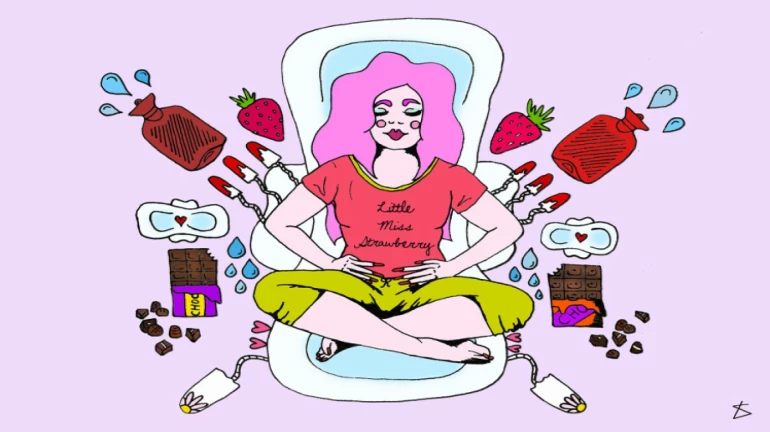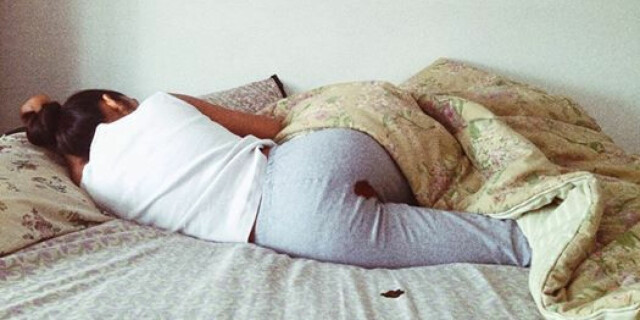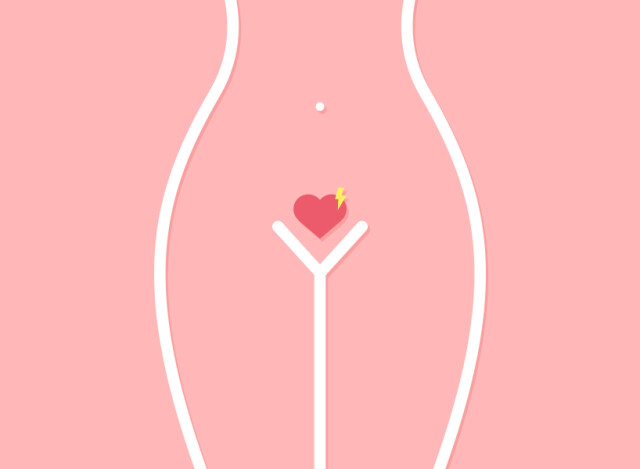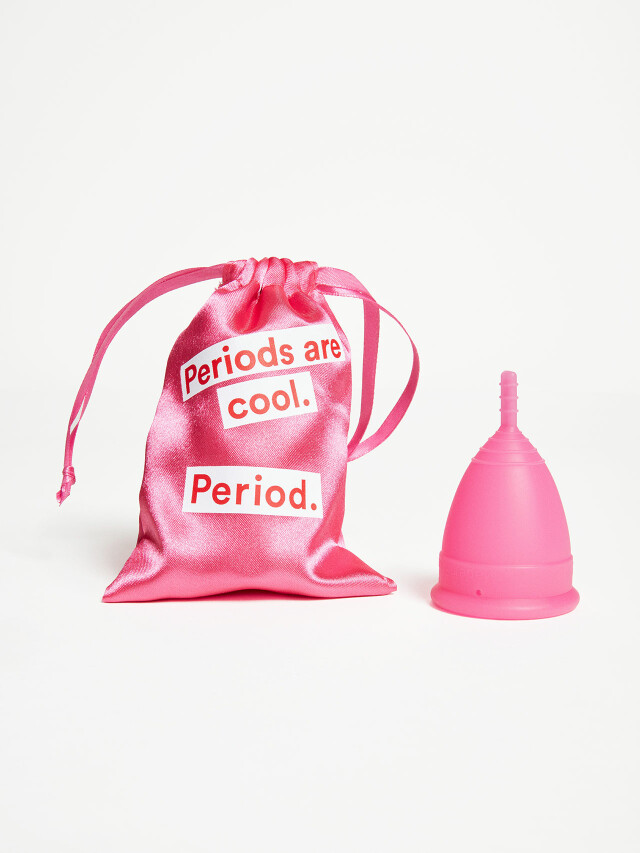
Menstruation is a natural biological process which is viewed in unnatural light in India. Ironically, menstrual cycles are the reason for the human race to survive and if reproduction isn't considered a taboo subject, why is a natural process like menstruation looked down upon?
Those who don't know, women bleed for 4-7 days. Scientifically, a woman bleeds when she doesn't conceive a child i.e. when her egg is not fertilised.
When a woman goes through a number of biological/hormonal changes, it takes a lot for her to juggle with other important things in life, but menstruation holds her back from living normally.

- Keeping her away from the kitchen
- Barred from praying
- Pharmacies wrapping sanitary napkins in a newspaper, making sure the product is completely hidden and not seen by anyone
- Barred from entering a place of worship
- Conversation about menstruation is gasped at
- Opposite sex don't converse about menstruation freely
- Menstruation treated like an abnormality
- Advertisements casting bad light on the natural process
Personally, I have gone through it all and when I tried reasoning with the people around me, I was asked not to meddle with age-old traditions and norms. Instead, I was told that I was living a better life.
Now, the sad part is, a lot of men aren't very well informed about periods. They should understand what the women in their life go through and accept it as a natural process. There are so many jokes on Pre Menstrual Stress (PMS) but it is not treated as a sensitive issue. If these points are discussed within the family, maybe we'll be able to overcome the social obstacles.
Bleeding for 24 hours a day and juggling between domestic chores and professional commitments with a smile on the face is an uphill task.
Just like periods, sanitary napkins are cast in bad light and advertisements are to be blamed for that. In every sanitary napkin advertisement, they use 'blue' ink to show blood. The big question is, why can't the society address menstruation for what it is?

A sanitary napkin is woman's go-to essential product. However, they are a privilege to people who cannot afford one.
In many parts of Maharashtra, girls quit school because of periods, Reason — No money. Many women die due to infections as the hygienic conditions are compromised terribly.
A social activist Nishant Bangera who has been providing sanitary napkins under his project ‘A period of sharing’, has been doing it for 4 years now. According to him, if the data based on the National Family Health Survey (2015-16) report is considered, the use of sanitary napkins among Indian women is 48.5 per cent in rural, 77.5 per cent in urban and 57.6 per cent total across the country.
The government should look into this as to why only 48.5 per cent are using sanitary napkins and not 100 per cent. When this was not enough, the Indian Prime Minister Narendra Modi introduced Goods and Services Tax (GST) and categorised products/services. The funniest part of GST was, sanitary napkins which are a necessity, were put under the 18 per cent slab, which ideally should have been tax-free.
Many spoke against the government and raised a voice to exempt sanitary napkins from GST.
We are women and we bleed every month. This is not something unusual but a natural process. And, one more thing, when we bleed, we use sanitary napkins to soak it up. I am sure, our beloved Prime Minister and Union Finance Minister Arun Jaitley know about this. There are almost 5 crore women in Maharashtra, bleeding. But when it comes to buying these sanitary napkins, they had to rely on clothes and unhygienic conditions, just because of its cost."
NCP women's wing president Chitra Wagh.
Wagh and her colleagues planned a unique symbolic protest by sending napkins through the Indian postal service to the prime minister and finance minister of the country.
Another Mumbaikar who has taken a progressive initiative with her campaign 'Red Is The New Green' to break the taboos around menstruation in Mumbai is Deane de Menezes.
Deane is a 23-year-old girl who initiated this campaign through which she plans to educate people and spread awareness about menstrual sanitation and menstruation as an important subject.
Girls need to have more access to information and sometimes, they just need to talk about those doubts, worries and queries regarding menstruation. We need to educate boys as well so that menstruation is viewed as something natural and not treat it like an alien concept. Families need to talk about it openly and not shy away from it."
Deane de Menezes.
She started a campaign a year ago and in this one year, Deane has conducted lectures in schools and colleges. Her campaign has set up sanitary napkins vending machines in Auxilium Convent High School (Wadala), Auxilium Convent High School (Bandra), Wilson College (Girgaum) and Prince Ali Khan Hospital (Byculla). Along with the vending machines, her campaign has also set up incinerators for disposal.
Amidst all this, Mumbai’s Culture Machine became the first-of-its-kind company which now allows their women employees to take a leave on the first day of their period. Such instances instill hope that one day, society will change its perception about periods and women will not feel the burden of it.
I presume the change will begin when a shopkeeper will not wrap a sanitary napkin in a newspaper. When we will not get a disgusting look from people at the sight of a blood stain on our pajamas or dress. When our school teachers, parents will tell us that “periods are a good thing and you should not be ashamed of it."
I know this is difficult but not possible for sure. Change in our mentality, Voila!
In 2018, l pray that more people esp. women step out and speak about periods. Bleeding is not an option nor a choice. We just hope that the government will understand the gravity of the situation and will not let any women die due to periods.





